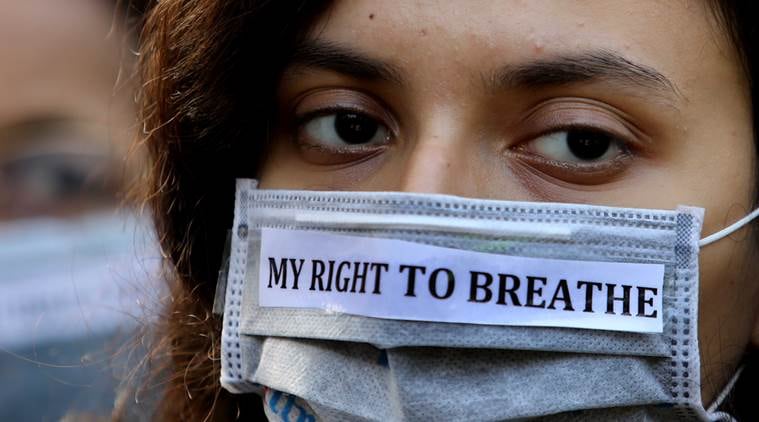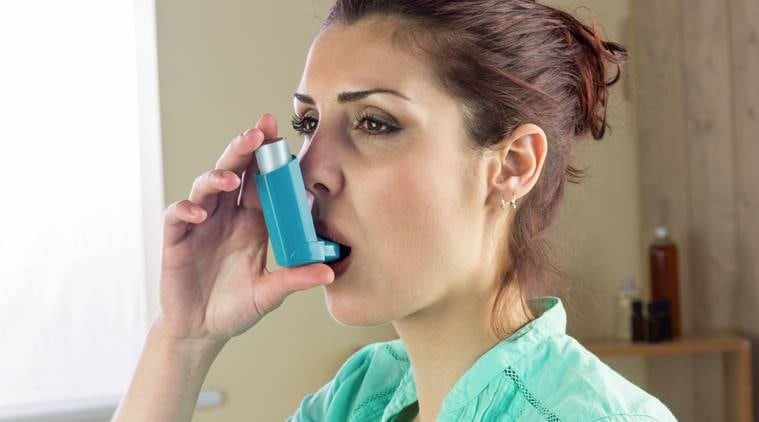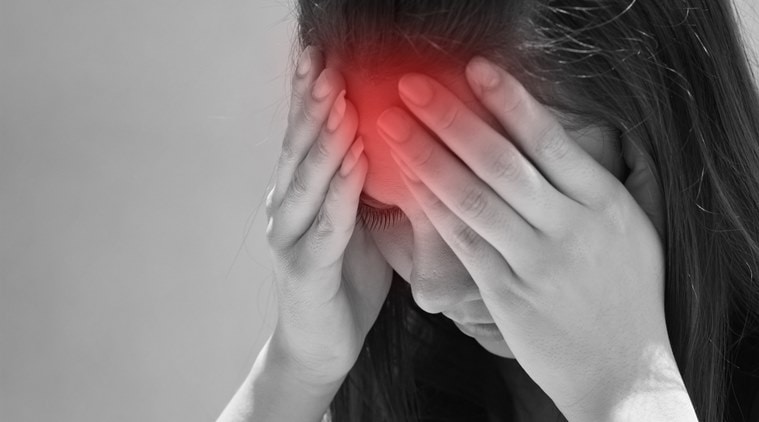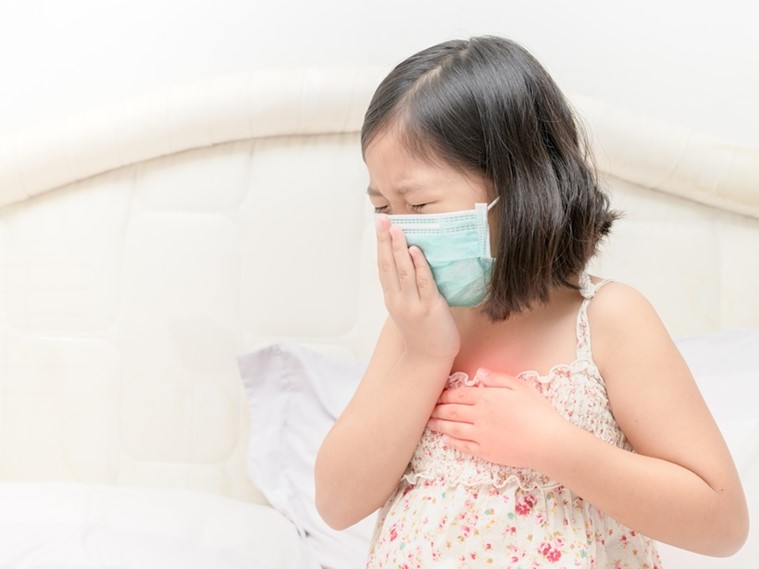Air pollution increases the risk of lung cancer, but there is also good evidence that it can increase the risk of other diseases, mainly respiratory and heart diseases.

Every year, June 5 is celebrated as World Environment Day to create awareness about the importance of conserving and enhancing the environment. Each year, the day focuses on a theme, and the theme for this year is ‘Beat Air Pollution’ – which is a call to action to combat the global crisis.
On the occasion, Dr Mrinal Sircar, director and head, Department of Pulmonology & Critical Care, Fortis Hospital, Noida shares the causes of air pollution and how one can keep themselves safe from its harmful effects.
Also Read | Start climate change at home: Make the green switch with these eco-friendly tips
What is air pollution?
Air pollution is a mixture of solid particles and gases in the air. Some air pollutants are poisonous and inhaling them can increase the chances of developing severe health problems. People with chronic heart or lung disease, older adults and children are at greater risk from air pollution.

Some causes of air pollution:
*Agricultural activities
Modern farming and agricultural operations contribute to the degradation and contamination of our environment as well as the neighbouring ecosystems. Fertilisers, pesticides, herbicides, animal manure and toxic substances are often the major sources of agricultural pollution.
*Exhaust from factories and industries
Factories have a huge advantage on air quality regulations because as the effects of air pollution are often widespread, it is difficult to calculate the amount of emissions. Moreover, exhaust gases can drift great distances and cause dangerous phenomena like acid rain in populations far away from the origin of the problem.
*Burning of fossil fuels
Air pollution also results from the burning of fossil fuels such as coal, oil, natural gas, and gasoline to produce electricity, and power our vehicles. Carbon dioxide is a good indicator of how much fossil fuel is burned and how much of other pollutants are emitted as a result.

*Mining operations
Mining operations like drilling, blasting, hauling, collection, and transportation are the major sources of emissions and air pollution. Coal left in the ground can catch fire, and mine fires, which can continue for decades, are difficult to control, creating a major source of air pollution.
*Indoor air pollution
Pollutants can cause a wide range of short-term and long-term health problems. In the short term, exposure to high concentrations of indoor air pollution can cause eye irritation, headaches, nose and throat irritation, fatigue, and dizziness. That can make it difficult to recognise the problem. Long-term health problems can be quite serious. Sometimes years after being exposed, a person can suffer heart problems, respiratory sickness, and even cancer.
Symptoms of air pollution:
*Wheezing, coughing and shortness of breath
Like many other conditions in this list, these can be caused by both long-term and short-term exposure to high levels of air pollutants.
Also Read | World Environment Day 2019: Theme, Slogans, Quotes, Poster, Awareness Messages, Wallpapers and Pictures
*Lung tissue swelling and irritation
Even people with healthy lungs are susceptible to irritation and swelling. For those living with chronic lung diseases, such as asthma and COPD, these effects can be especially harmful.
*Asthma attacks
Breathing ozone and particle pollution can lead to increased asthma attacks.
*Lung cancer
Air pollution increases the risk of lung cancer. Air pollution isn’t only linked to lung cancer, there is also good evidence that it can increase the risk of other diseases, mainly respiratory and heart diseases.

Developmental damage:
Exposure to air pollution can slow and stunt lung development in growing children, harming their health now, and reducing their lung function as adults.
*Premature death
Long-term exposure to air pollution increases the risk of acquiring chronic respiratory problem, thus increasing the risk of death.
How to keep yourself safe from air pollution:
*Use face masks when outdoor
*Ventilate your kitchen, bathroom
*Use air-purifiers
*Take steam daily
How to help reduce air pollution:
The less gasoline we burn, the better we would do to reduce air pollution and its harmful effects on climate change. One can opt for cars that give better miles per gallon of gas, or even choose an electric car. You can also investigate your power provider options—you may be able to request that your electricity be supplied by wind or solar. Buying your food locally cuts down on the fossil fuels burned in trucking or flying food in from across the country.
Source: Read Full Article
